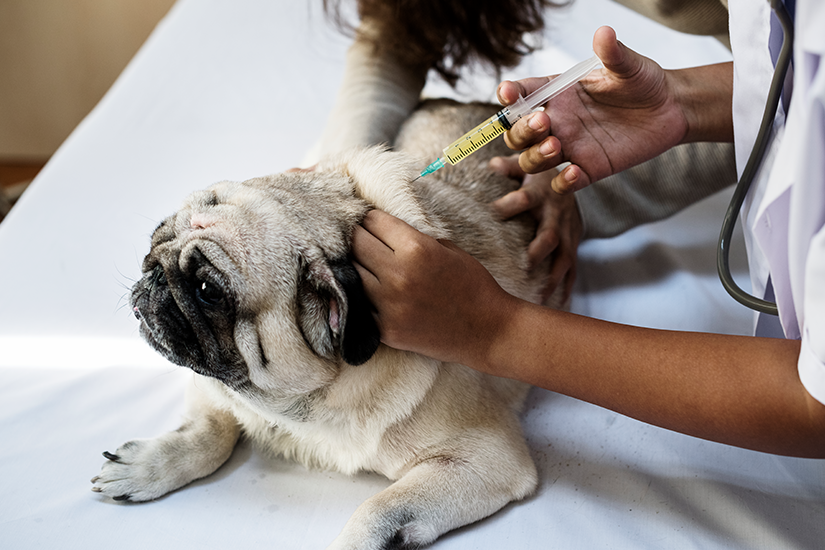- Emergency Ambulance Services
- 8606811111
- 0471-4077777, 0471-7177888
- gro@sutpattom.com
Skin Care during the Rainy Season: Essential Tips for a Healthy Glow
Dr. Shalini V. R, Consultant Dermatologist, SUT Hospital, Pattom.
The rainy season brings relief from the summer heat but also poses several skin challenges, including fungal, bacterial, and other infections due to increased humidity and dampness.
Fungal Infections
Candidiasis:Candida thrives in warm, moist environments, making the rainy season a prime time for these infections. Wearing wet clothes for extended periods can promote Candida growth. It commonly affects areas like the underarms, groin, and under the breasts. To prevent candidiasis, keep these areas dry and clean, change out of wet clothes promptly, wear breathable fabrics, and apply antifungal powder to susceptible areas.
Dermatophytosis (Ringworm):Caused by dermatophytes, a group of fungi that thrive on keratin in skin, hair, and nails, this infection spreads through close contact with infected individuals or animals. It often affects the feet (athlete’s foot), groin (jock itch), scalp, and body. Good hygiene is key-keep your skin dry, especially between the toes and in skin folds, and avoid sharing personal items like towels and clothing.
Bacterial Infection
Impetigo:This bacterial infection can enter the skin through cuts, insect bites, or other small injuries, especially in humid conditions. It typically affects the face, particularly around the nose and mouth, but can also occur on the hands and other exposed areas. Maintain good personal hygiene, wash hands regularly with soap and water, and avoid sharing personal items, and cover cuts or insect bites with a clean bandage. Keeping the skin dry and clean and seeking prompt treatment for any skin injuries can prevent infection.
Epidemic Infection
Scabies:Caused by a mite that burrows into the skin to lay eggs, scabies spreads through close physical contact and shared clothing or bedding. It commonly affects the webbing between fingers, wrists, elbows, armpits, waist, and buttocks. Preventive measures include avoiding close contact with infected individuals, not sharing personal items like clothing and bedding, washing clothes and bedding in hot water, and maintaining personal hygiene. Seek medical treatment promptly if infected to avoid spreading the infection.
Maintaining healthy skin during the rainy season requires vigilance and proactive care. To keep your skin healthy and glowing, follow good hygiene practices, keep your skin dry, avoid sharing personal items, and seek prompt medical attention for any signs of infection.
Summary:During the rainy season, increased humidity can lead to skin issues like fungal infections (candidiasis, dermatophytosis), bacterial infections (impetigo), and Scabies. To maintain healthy skin, practice good hygiene, keep skin dry, avoid sharing personal items, and seek prompt medical attention for infections.









